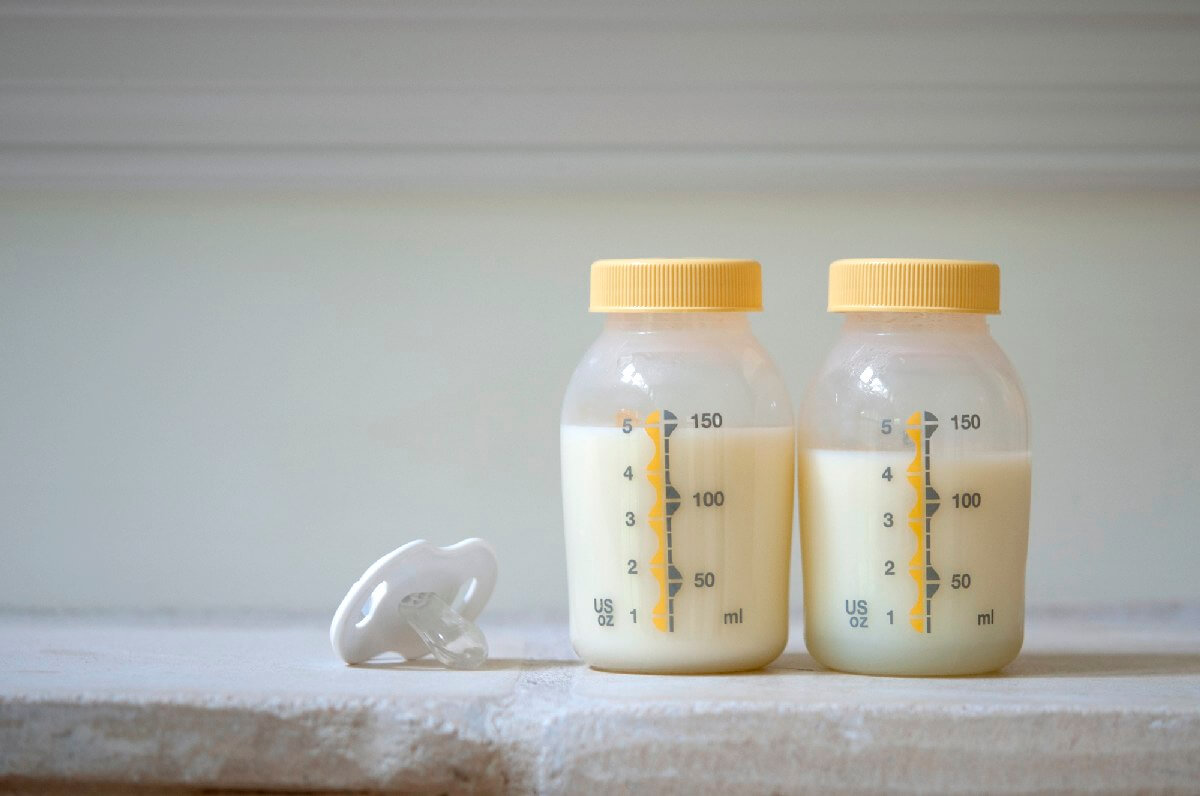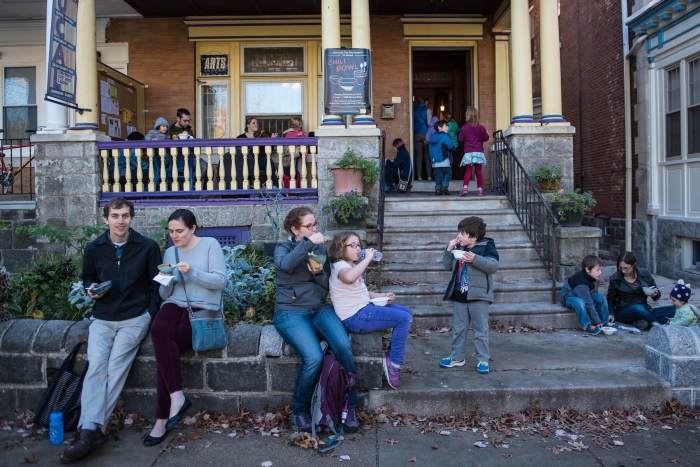If you were unable to produce your own breast milk, would you turn to the Internet to buy some from a stranger? More and more women are doing just that — but the largely unregulated industry is associated with some serious risks. A new study released yesterday found that out of 102 samples of breast milk purchased through milk-sharing websites, 11 of them were contaminated with cow’s milk.
“Drinking cow’s milk can be very harmful to a baby with an allergy or with intolerance,” co-author Dr. Sarah Keim of Nationwide Children’s Hospital said in a statement. Other samples also contained a notable amount of infant formula. A previous study from the same research team found that unpasteurized breast milk purchased on the Internet had high levels of disease-causing bacteria, according to co-author Dr. Jesse J. Kwiek, an associate professor of microbial infection and immunity at Ohio State University. Of the samples tested in that study, 64 percent were contaminated with staph, while 36 percent contained strep. “We all know that caffeine, alcohol, illicit drugs and even some prescription drugs can all find their way into breast milk,” says Dr. Sarah Steele at the London School of Medicine and Dentistry. “When you’re buying milk online, the truth is that you just don’t know what you’re getting.” Steele and her team reviewed a number of studies focused on the web-based exchange of human breast milk. As far as additives, Steele’s team found that it wasn’t uncommon for milk bought online to be diluted with water, cow’s milk or soy milk — all of which can cause serious problems for newborns. In one study, 74 percent of milk samples purchased online also tested positive for gram-negative bacteria, which medical experts say can cause everything from pneumonia to blood stream infections.“Google it, but be warned: you may be horrified!” she says. While many milk banks adhere to safety guidelines for screening and storing breast milk donations, buying from an individual is far less safe. Unsanitary milk collection, improper storage and the shipping process can all contribute to the problem. According to Steele, another issue is the incentive to maximize profits. “People selling their breast milk … are often selling it by the ounce, so there’s the specific risk that what you’re buying could be diluted,” she says.
Why breast milk may not always be best

iStock


















